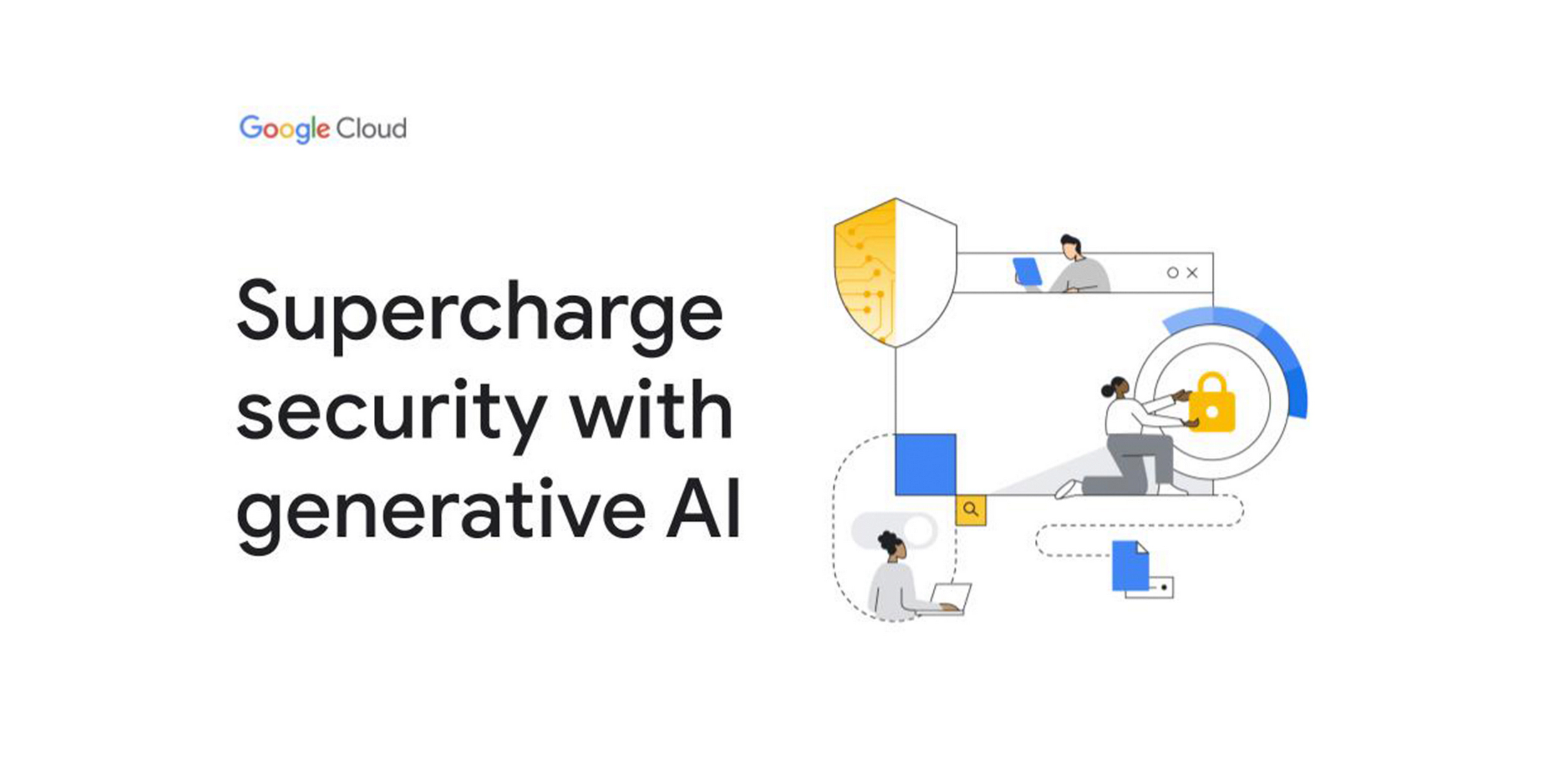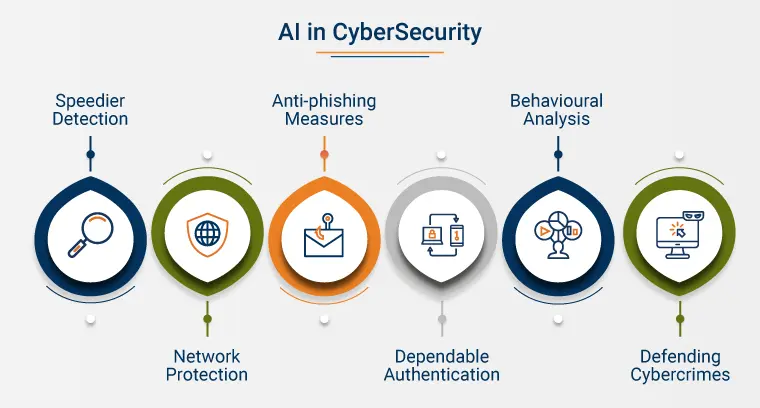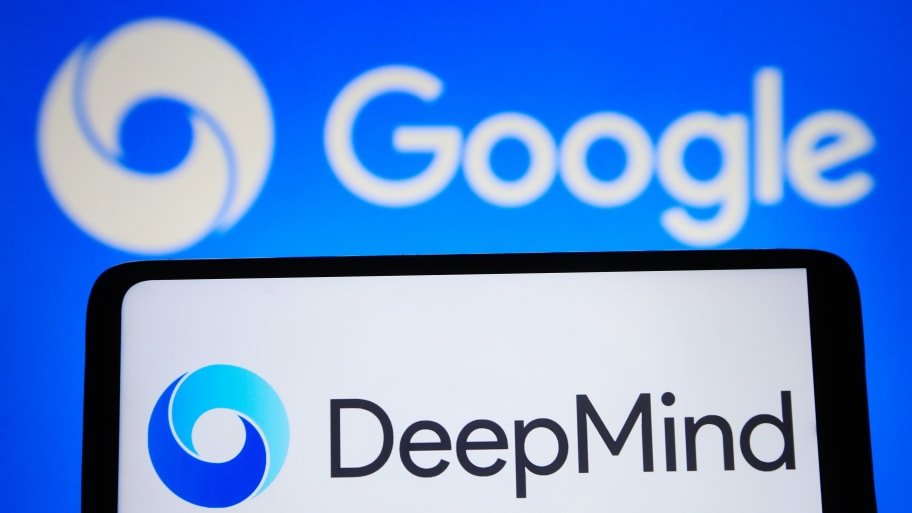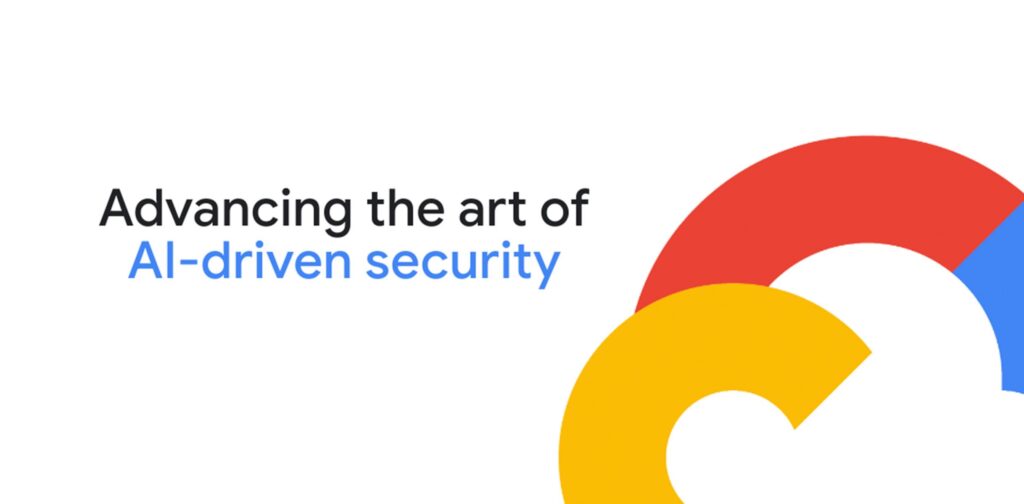Table of Contents
Overview of Google’s AI-driven cybersecurity solutions

Google’s AI-driven cybersecurity solutions have revolutionized the way organizations protect themselves against cyber threats.
With advanced machine learning algorithms and predictive analytics, Google’s AI technology has the capability to detect and mitigate threats in real-time, providing enhanced security measures for businesses worldwide.
This innovative approach to cybersecurity has significantly improved threat analysis and incident response, making it a crucial component in today’s digital landscape.
Impact of AI on the cybersecurity landscape

AI has had a profound impact on the cybersecurity landscape, revolutionizing how organizations defend against threats.
With advanced machine learning algorithms and predictive analytics, AI technology enables real-time threat detection and mitigation.
This has significantly improved threat analysis and incident response, making it a crucial component in today’s digital landscape.
Organizations can now leverage AI-powered solutions to enhance their cybersecurity measures and protect against evolving cyber threats.
DeepMind‘s Contribution to Google’s Cybersecurity Efforts
DeepMind, a subsidiary of Google specializing in AI research, has made significant contributions to Google’s cybersecurity efforts.
Leveraging advanced machine learning algorithms, DeepMind has enhanced threat detection and incident response capabilities.
Its AI-powered solutions have revolutionized how Google defends against cyber threats, improving the overall cybersecurity landscape.
Through collaborative research and innovation, DeepMind continues to play a vital role in strengthening Google’s cybersecurity measures.
DeepMind’s role in enhancing Google’s cybersecurity measures

DeepMind has played a crucial role in enhancing Google’s cybersecurity measures.
By leveraging advanced machine learning algorithms, DeepMind has significantly improved threat detection and incident response capabilities.
Their AI-powered solutions have revolutionized how Google defends against cyber threats, making the overall cybersecurity landscape more robust.
Through collaborative research and innovation, DeepMind continues to strengthen Google’s cybersecurity measures and contribute to the ongoing fight against cybercrime.
Utilizing AI for threat detection and mitigation
Utilizing AI for threat detection and mitigation is a critical aspect of Google’s cybersecurity strategy.
By harnessing machine learning algorithms, Google is able to analyze vast amounts of data in real time, identifying potential threats and taking proactive measures to mitigate them.
This advanced technology enables Google to stay one step ahead of cybercriminals, ensuring the protection of user data and maintaining a secure online environment.
The integration of AI into threat detection and mitigation processes has revolutionized cybersecurity practices, enhancing Google’s ability to defend against evolving threats.
Chronicle: Google’s Security Intelligence Platform
Chronicle is Google’s Security Intelligence Platform, designed to provide advanced threat analysis and detection capabilities.
It utilizes AI and machine learning algorithms to process massive amounts of security data, enabling real-time threat identification and response.
With its advanced analytics and visualization tools, Chronicle helps organizations streamline their cybersecurity operations and improve incident response.
By leveraging the power of AI, Chronicle revolutionizes the way security teams detect, investigate, and remediate threats, ultimately enhancing overall cybersecurity posture.
Chronicle’s features and capabilities in cybersecurity

- Advanced Threat Analysis: Chronicle utilizes AI and machine learning algorithms to analyze vast amounts of security data in real time, enabling the identification of potential threats.
- Real-time Threat Detection: With its powerful analytics tools, Chronicle can quickly detect and respond to security threats, allowing organizations to take immediate action.
- Streamlined Incident Response: The platform provides visualization tools that help security teams streamline their incident response processes, improving efficiency and reducing response time.
- Enhanced Visibility: The Chronicle offers comprehensive visibility into an organization’s security posture, allowing for better understanding and proactive mitigation of potential risks.
- Automation and Efficiency: By automating repetitive tasks and leveraging AI technologies, Chronicle enables security teams to focus on critical issues and make more informed decisions.
- Scalability: With its ability to process massive volumes of data, Chronicle is suitable for organizations of all sizes, ensuring that cybersecurity measures can scale alongside business growth.
- Threat Intelligence Integration: The platform integrates with other threat intelligence sources, providing additional context and enhancing the accuracy of threat detection and analysis.
- Collaboration Capabilities: Chronicle facilitates collaboration between security teams by providing a centralized platform for sharing information, insights, and investigation results.
- Historical Analysis: The platform stores historical security data, enabling retrospective analysis of past incidents for improved threat hunting and future prevention.
- Continuous Improvement: Leveraging AI algorithms, Chronicle continuously learns from new data and adapts its threat detection capabilities, ensuring ongoing refinement and improvement in cybersecurity measures.
Benefits of leveraging Chronicle for threat analysis

- Improved Threat Detection: Chronicle’s advanced analytics and AI algorithms enhance the detection of potential threats, allowing organizations to proactively respond and mitigate risks.
- Faster Incident Response: The streamlined incident response process provided by Chronicle enables security teams to quickly identify and address security incidents, minimizing the damage caused by cyberattacks.
- Enhanced Efficiency: By automating repetitive tasks and leveraging AI technologies, Chronicle frees up security teams to focus on critical issues, improving overall efficiency in threat analysis and response.
- Comprehensive Visibility: The Chronicle offers a comprehensive view of an organization’s security posture, providing insights into potential vulnerabilities and facilitating proactive risk mitigation strategies.
- Scalability: With its ability to handle massive volumes of data, Chronicle is suitable for organizations of all sizes, ensuring that cybersecurity measures can scale alongside business growth.
- Collaboration and Knowledge Sharing: The Chronicle facilitates collaboration among security teams by providing a centralized platform for sharing information, insights, and investigation results, fostering a collaborative approach to threat analysis.
- Historical Analysis for Future Prevention: The ability to store historical security data allows for retrospective analysis of past incidents, enabling better threat hunting and future prevention strategies.
- Continuous Improvement: Taking advantage of AI algorithms, Chronicle continuously learns from new data and adapts its threat detection capabilities, ensuring ongoing refinement and improvement in cybersecurity measures.
By leveraging Chronicle’s features, organizations can improve their threat analysis capabilities, enhance incident response efforts, and strengthen their overall cybersecurity posture against evolving threats.
Google’s AI-powered Endpoint Security Solutions
Google’s AI-powered Endpoint Security Solutions leverage machine learning to enhance endpoint security measures, providing organizations with advanced threat detection and mitigation capabilities.
By analyzing patterns, behaviors, and anomalies, these solutions can quickly identify and respond to potential threats, protecting endpoints from cyberattacks.
Through continuous learning and adaptation, Google’s AI-powered Endpoint Security Solutions offer a proactive and adaptive approach to cybersecurity, strengthening overall defense mechanisms for organizations of all sizes.
Overview of Google’s AI-driven endpoint protection tools

Google’s AI-driven endpoint protection tools provide organizations with advanced threat detection and mitigation capabilities.
Through machine learning, these solutions analyze patterns, behaviors, and anomalies to quickly identify and respond to potential cyber threats.
With continuous learning and adaptation, Google’s AI-powered endpoint security solutions offer a proactive approach to cybersecurity, strengthening defense mechanisms for organizations of all sizes.
Enhancing endpoint security through machine learning
Google’s AI-powered endpoint protection tools enhance endpoint security through machine learning.
By analyzing patterns, behaviors, and anomalies, these solutions quickly identify potential cyber threats. With continuous learning and adaptation, organizations can proactively strengthen their defense mechanisms.
BeyondCorp and Zero Trust Security Framework
Google’s BeyondCorp model and Zero Trust Security Framework provide a new approach to security by shifting away from traditional perimeter-based defenses.
Instead, they focus on identity verification and access control, ensuring that every user and device is authenticated before granting access to resources.
This approach significantly reduces the risk of unauthorized access and lateral movement within the network, enhancing overall cybersecurity.
Exploring Google’s BeyondCorp model and Zero Trust principles
Google’s BeyondCorp model and Zero Trust Security Framework provide a new approach to cybersecurity by focusing on identity verification and access control, ensuring that every user and device is authenticated before granting access to resources.
This reduces the risk of unauthorized access and enhances overall security.
The BeyondCorp model emphasizes continuous authentication and access control, while the Zero Trust principles advocate for a “never trust, always verify” mindset in granting access.
By implementing these principles, organizations can significantly strengthen their cybersecurity defenses.
Implementing AI for continuous authentication and access control
Implementing AI for continuous authentication and access control is crucial in enhancing cybersecurity. By leveraging AI technologies, organizations can analyze user behavior, detect anomalies, and ensure that only authorized users have access to resources.
This helps prevent unauthorized access and reduces the risk of data breaches.
With AI-driven continuous authentication, organizations can stay one step ahead of potential threats and strengthen their overall security posture.
Google’s AI in Adaptive Cybersecurity
Google’s AI in adaptive cybersecurity holds immense potential for the future.
It can enable organizations to proactively detect and mitigate emerging threats, enhance incident response, and continually adapt security measures.
By leveraging predictive analytics and AI-driven technologies, Google’s adaptive cybersecurity solutions can revolutionize how organizations protect their digital assets, ensuring a more resilient and secure environment.
Adopting AI for adaptive security measures
Adopting AI for adaptive security measures involves leveraging Google’s AI-driven technologies to continuously monitor and analyze data, detect anomalies, and respond to threats in real time.
By integrating machine learning algorithms and predictive analytics, organizations can enhance their cybersecurity posture by proactively identifying vulnerabilities, automating incident response, and adapting security measures to evolving threats.
This proactive approach allows for a more resilient and robust security infrastructure that can effectively combat the ever-changing cyber threat landscape.
Predictive analytics and AI-driven incident response
Predictive analytics and AI-driven incident response play a crucial role in enhancing cybersecurity measures.
By analyzing historical data and patterns, predictive analytics can identify potential threats and vulnerabilities, enabling organizations to proactively address them.
AI-driven incident response automates the detection, analysis, and resolution of security incidents, reducing response time and minimizing the impact of cyber attacks.
Together, these technologies provide organizations with a proactive and efficient approach to cybersecurity.




